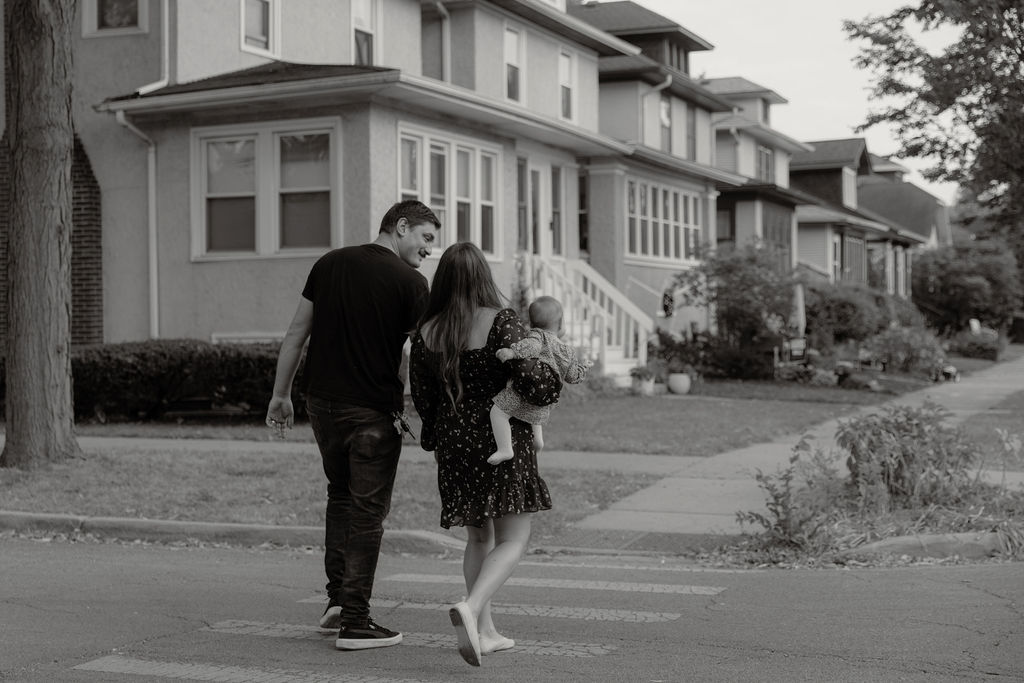Dating with Your Mental Health in Mind

Physical and emotional boundaries should align
Suppose you are experiencing anxiety around your dating relationship. Try and ask yourself if the emotional commitment aligns with the physical intimacy that you are experiencing. A relationship should move together with physical and emotional intimacy based on the level of commitment. As a Christian, this is very practical because I really believe that when you are dating you shouldn’t act like you are married because the commitment isn’t there.
Take breaks
Take the breaks that you need. This could mean many things, like taking breaks from dating apps or between relationships. Listen to your heart. Rejection, disappointment, and grief can occur around a relationship ending — even if it is a few weeks or months. Allow for healing to take place before getting to know another individual.
Find out or discover what you are looking for in a partner
Dating allows you to discover what you are looking for in a partner. Take mental notes on what is important to you. This mindset allows you to learn about yourself and others while dating. No dating experience is a waste when you are learning.
Set goals
Be honest with yourself. Why are you dating? Are you dating because you are lonely? Have you come to a point in your life where you are desiring to find a life partner? Would you like to be married? Or are you needing a date for the next family gathering? The first step is admitting to yourself why you are dating. The second step is letting the person you are dating know where you are at. Your goals with dating can be totally private for yourself but it is helpful to have one. Dating takes time and energy. Visualizing your goal will help you date with intention. Knowing your goal will help you communicate with the person you are dating. Some call this a DTR (defining the relationship) but I actually think that this should be happening all the way through the relationship. If the dating relationship doesn’t work out and there was clear communication throughout the process there will be much fewer hurt feelings.
Prepare questions ahead of time
It sounds funny, but try writing down some questions for your date ahead of time. What do you want to know about this person? Having a few questions prepared may also help calm nerves. Stay curious and see where a few questions lead the conversation.
Take rejection and learn from it
My favorite thing to tell myself when I was dating is that it only takes one person. Finding a spouse only takes one person. And it’s a beautiful thing when you find that person. However, sometimes you have to go on many dates, talk about the weather, exchange numbers, and meet parents and friends with multiple different people before you meet the one person you could see yourself with. And that’s ok. You may not be that person’s person and they were not your person. Don’t take to heart the rejection, do take the time to heal, and get out there again. Remember it only takes one.
Stay positive
What are you thinking about right before you head to the dating app? Or what are you telling yourself about yourself right before that dinner date? Take those thoughts captive. Take the time to really think through your thoughts. If you think negatively this will affect your mood during your date. This is also a big way to take rejection hard. If you are already thinking “this isn’t going to work out”… And then it doesn’t work out it will be harder to recover. Try instead “this may not work out but it is ok because there is a reason” or “this may not work out but I did learn _______”. Continue to have a positive mindset that is going to learn and grow from experiences.
Invest in your personal growth
There is a study done in 2016 about rejection sensitivity and relationships called, “Rejection Sensitivity and Relationship Satisfaction in Dating Relationships: The Mediating Role of Differentiation of Self”. The study looks at how those who are sensitive to rejection often keep themselves at a distance from their romantic partners and this often came from a lack of differentiation of self.
“Findings suggest that rejection sensitivity might lead individuals to emotionally and behaviorally distance themselves from their romantic partners, thus reducing opportunities for both rejecting and accepting experiences, leading to lowered relationship satisfaction. Implications for research and applied work are discussed” (Norona & Welsh 2016).
Where Rejection Sensitivity Comes From
The study also finds that individuals who did not have enough security emotionally by their caregiver developed Rejection Sensitivity. This would start to show in 18-25 years of age. This is when romantic relationships are more and more important for this age group and also the time that they explore their own self-differentiating. This means exploring their own beliefs apart from their family system. This is very healthy and if this emotional development does not happen one may not develop the ability to have their own beliefs apart from peers.
“The process of differentiation of self theoretically begins in childhood and involves achieving a healthy balance of independence and interdependence with important others in one’s life. This includes separating one’s own thoughts and feelings from that of others and intentionally acting according to one’s own thoughts and desires, all while maintaining intimacy with others.” (Norona & Welsh 2016).
This also adds to rejection sensitivity. If an individual has not discovered how to maintain a connection with their family system and also their own individuality they will not be able to keep that kind of individuality during a romantic dating relationship. Which then makes a breakup and rejection so much more painful.
If you may have some of these tendencies it is crucial to educate yourself and take charge of your own personal growth.
A Step Towards Working on Yourself.
Sign up below to receive a six-week series called “Relationships with your Mental Health in Mind” series. This may be a small step to take to find out more about relationships, yourself, and your mental health.
Norona, J. C., & Welsh, D. P. (2016). Rejection sensitivity and relationship satisfaction in dating relationships: The mediating role of differentiation of self. Couple and Family Psychology: Research and Practice, 5(2), 124–135. https://doi.org/10.1037/cfp0000056
56. The Art of Apology: Strengthening Relationships Through Genuine Apologies

The Art of Apology: Strengthening Relationships Through Genuine Apologies In this episode of the Abundantly More podcast, host Hannah Lynn Miller delves into the critical topic of apologies and their...
55. Empathy: Your Superpower for Meaningful Relationships

Cultivating Empathy: Its Importance, Benefits, and How to Develop It In this episode of the Abundantly More podcast, host Hannah Lynn Miller delves deep into the topic of empathy, exploring...
54. Mental Health Support During Pregnancy and Postpartum with Reproductive Health Doula, Kami Schwartz

In this episode of the Abundantly More podcast, host Hannah Lynn Miller converses with Kami Schwartz, a reproductive health doula. They delve into the importance of mental health support during...
53. New Year New Name - find out what's new on the podcast

Hi friends, I am excited for this new year and decided to update you on a few changes on the podcast so far. I love bringing you on this journey....

Share
Hannah Lynn Miller
Hannah is a radio/podcast host, blogger, and mental health therapist who loves Jesus and fashion. Her work revolves around betrayal trauma and the eldest daughter population.








